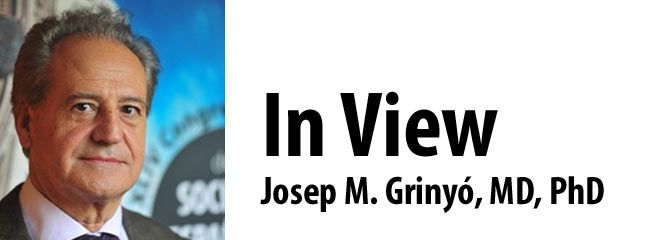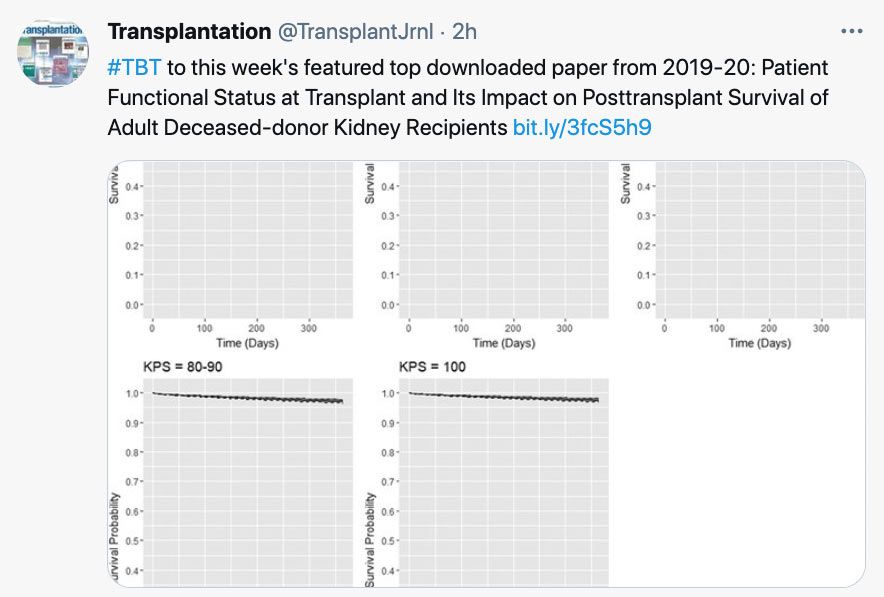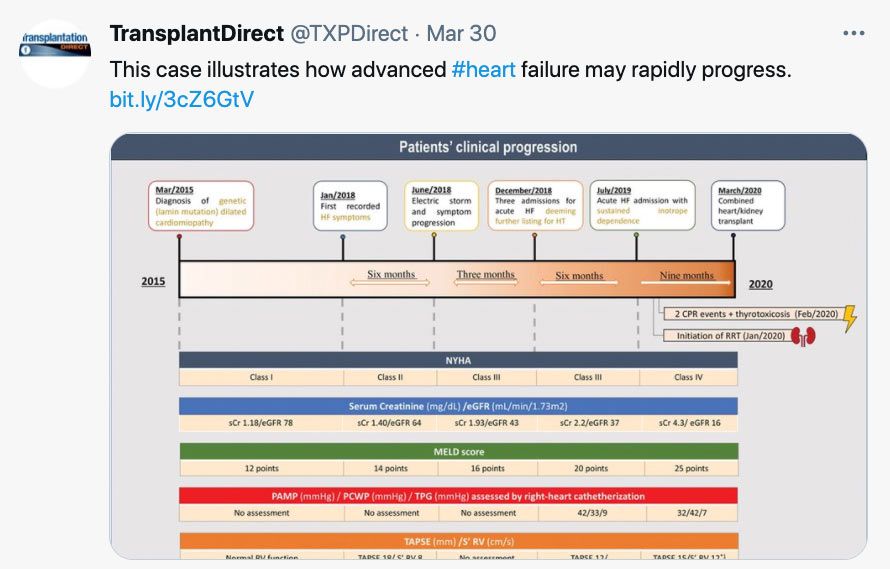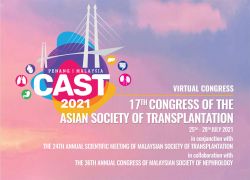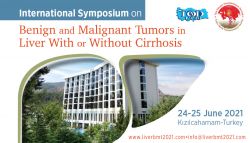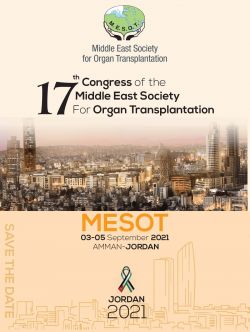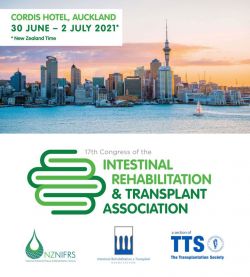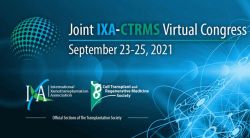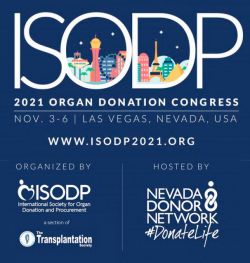
Journal Updates
Transplantation Journal - April 2021 - Volume 105 - Issue 4
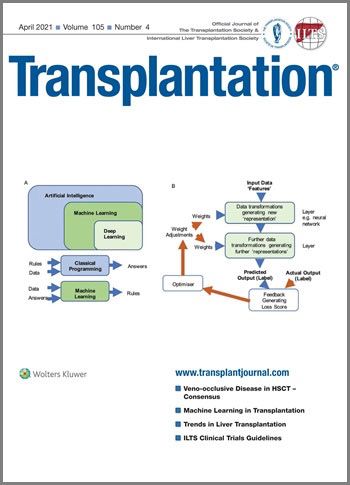
Upcoming Webinars
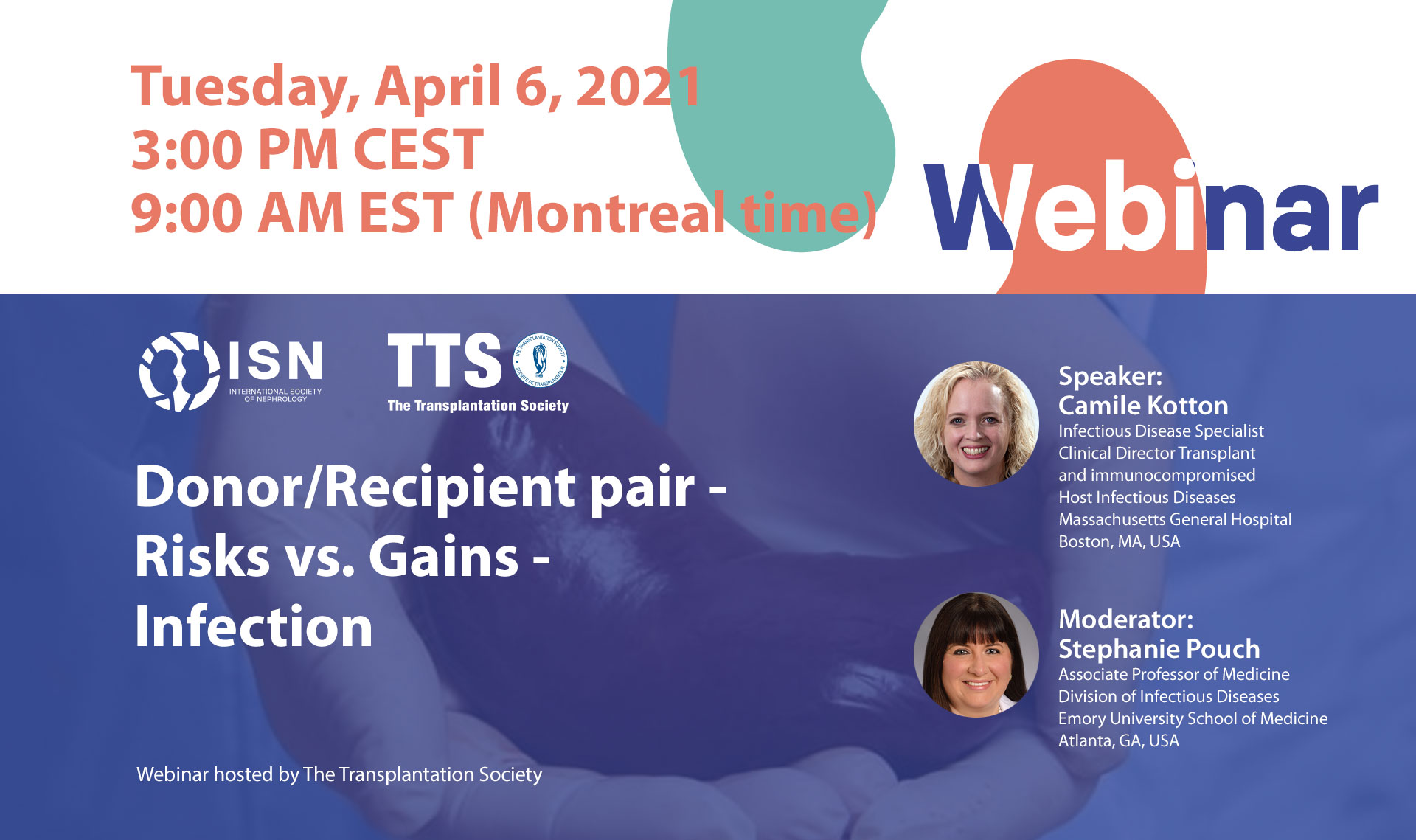
ISN-TTS JOINT WEBINAR
Donor/Recipient Pair: Infections
Open to all healthcare professionals
Speaker: Camille Nelson Kotton, Boston, USA
Moderator: Stephanie Pouch, Atlanta, USA
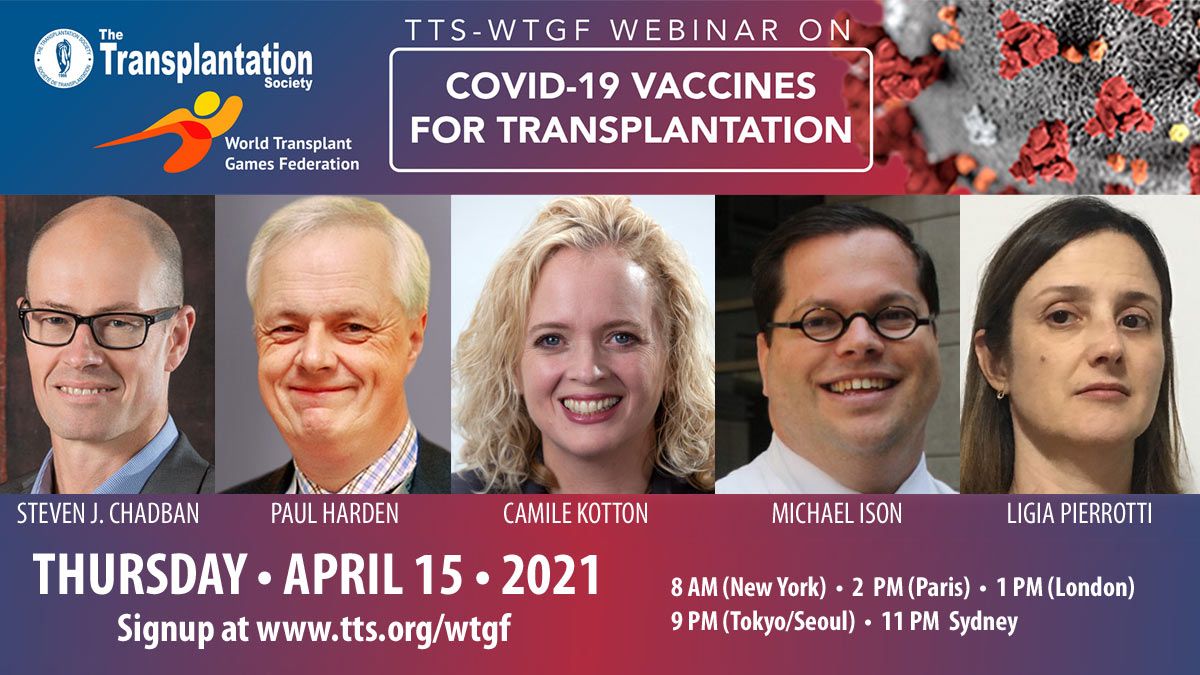
TTS-WTGF JOINT WEBINAR
COVID Vaccinations for Transplantation
Open to all healthcare professionals / Donors / Recipients / Families
Speakers:
Steven Chadban, Paul Harden, Camille Kotton, Michael Ison, Ligia Pierotti
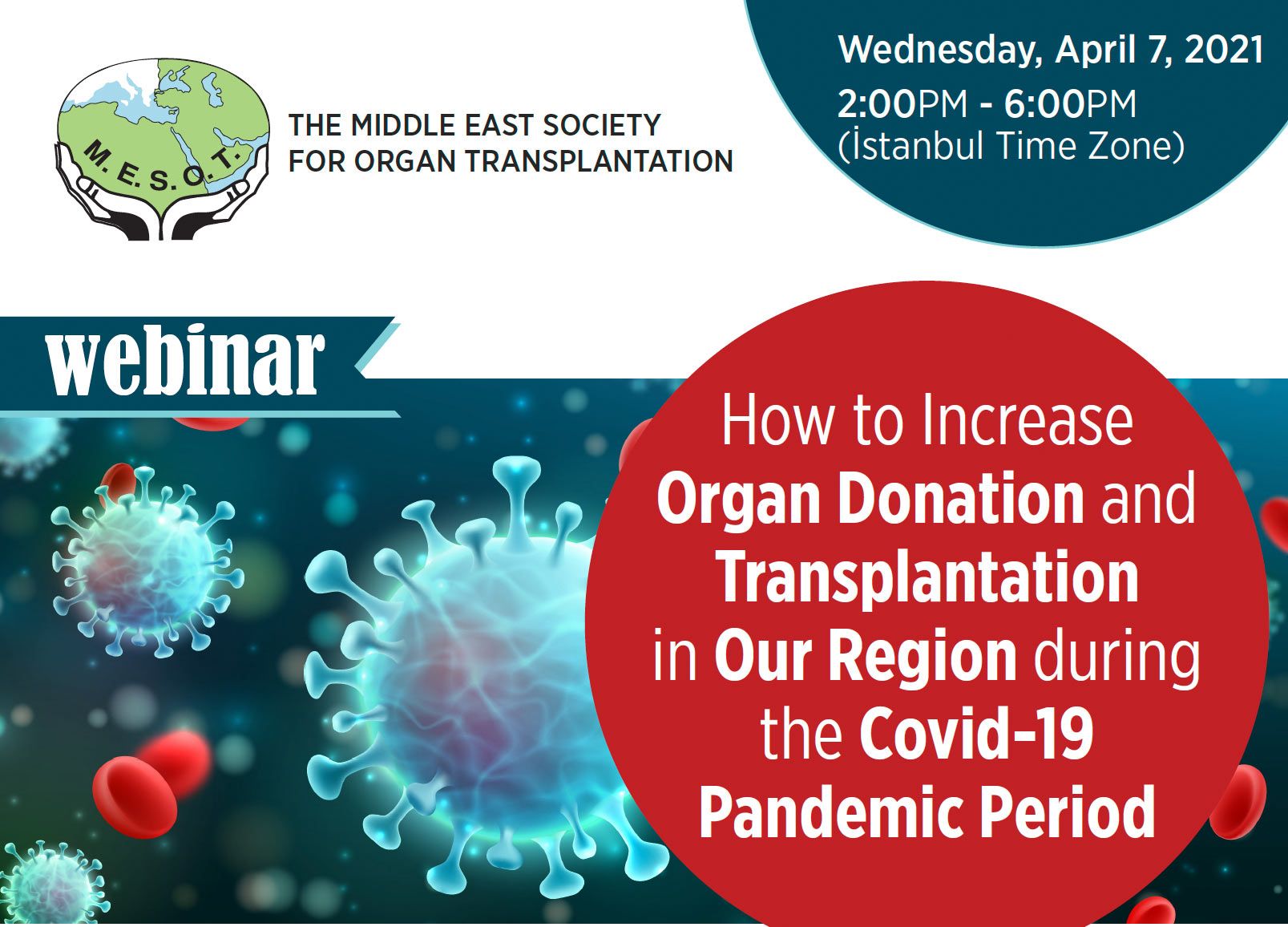
Free to attend
The Middle East Society For Organ Transplantation (MESOT) invites you to a new webinar on How to Increase Organ Donation and Transplantation in Our Region during the Covid-19 Pandemic Period.
With COVID-19 pandemic spreading across the globe since last year, it had the immediate effect of severely reducing living and deceased organ donation and transplantation activity worldwide.
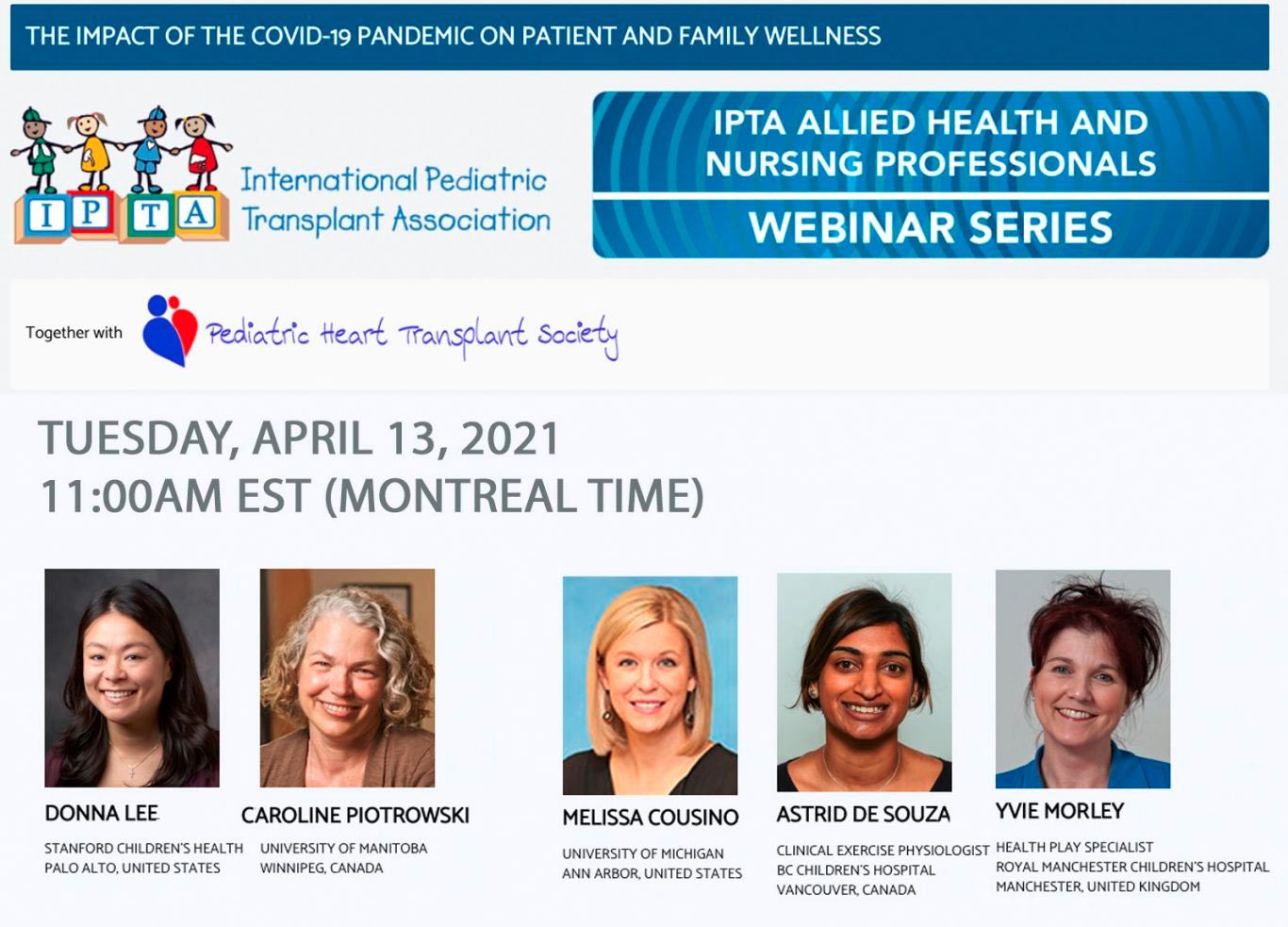
IPTA AHNP - PHTS WEBINAR
Open to all healthcare professionals
IPTA AHNP - PHTS WEBINAR - TUESDAY, APRIL 13, 2021 - 11:00AM EST (MONTREAL TIME)
IPITA 2021 Virtual Congress Announcement
Highlighted News
Contact
Address
The Transplantation Society
International Headquarters
740 Notre-Dame Ouest
Suite 1245
Montréal, QC, H3C 3X6
Canada
Используйте Вавада казино для игры с бонусом — активируйте промокод и начните выигрывать уже сегодня!


